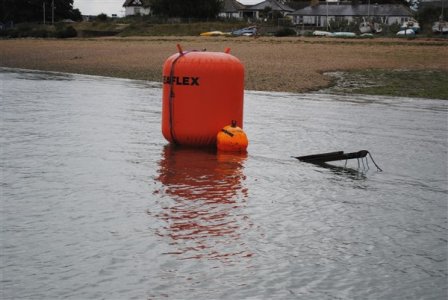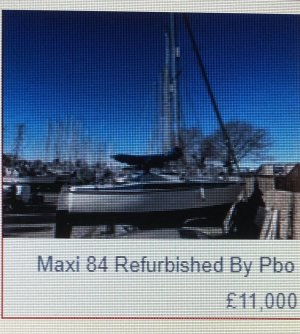DownWest
Well-Known Member
This has just reminded me of Yachts & Yachting. I was sent a bi-weekly? copy at school in the early 60s. Only catch in those pre 'whatever' days was the regular page with a artistic pic of a busty mermaid... At a Catholic boys school, such 'soft porn' would have beeen anathma, so I ripped it out, in case I was asked what I was reading, and then shared it with friends 
As one did..
As one did..


